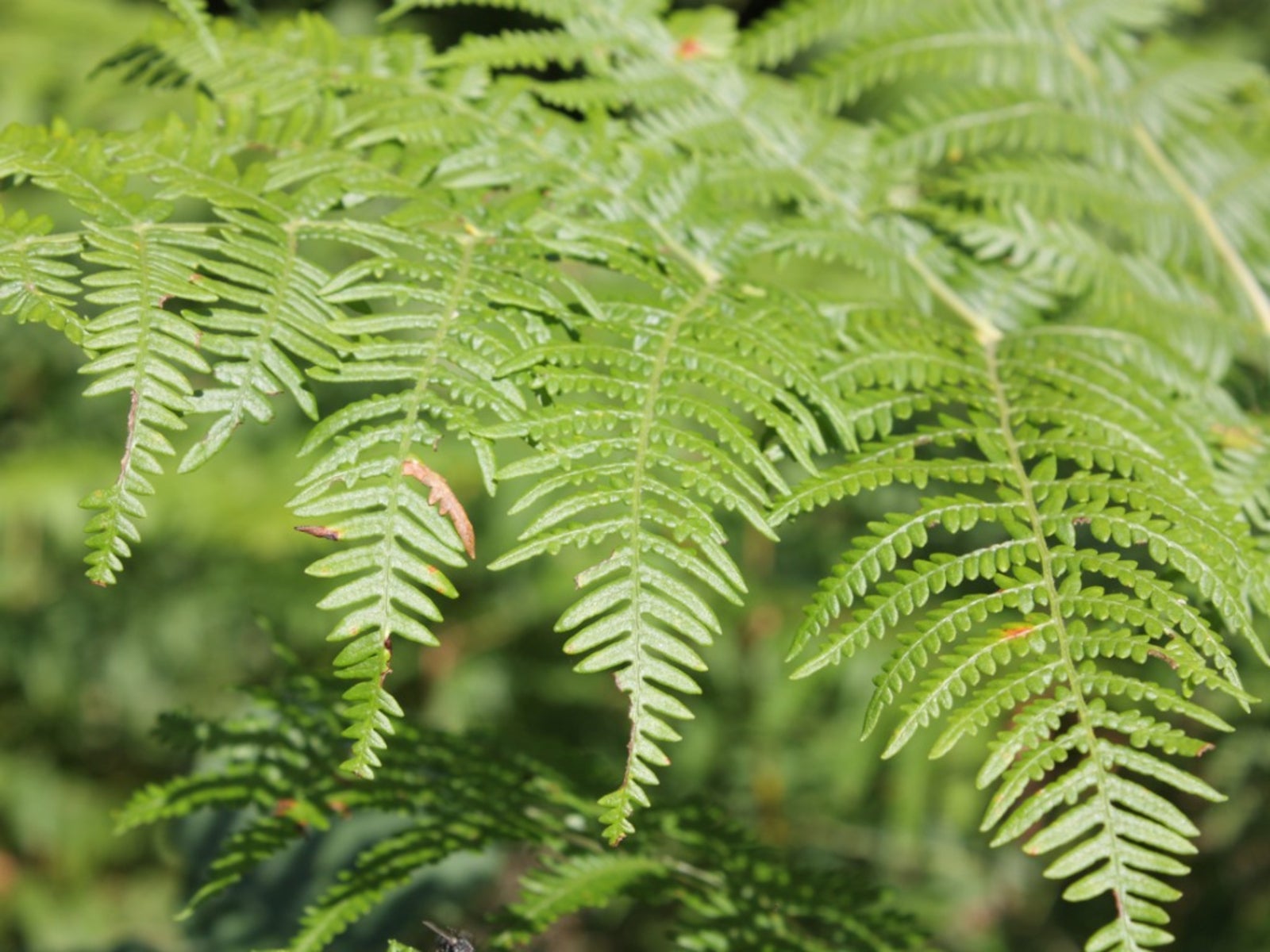How To Grow And Care For A Wild Onion Plant
Are you interested in growing healthy plants without the use of chemicals? Look no further than agribusiness! By using natural methods, you can protect your plants from pests and diseases while still keeping them healthy and productive.

Plant Attributes
Before you start growing your own plants, it's important to understand their characteristics. This will help you choose the right plants for your climate, soil type, and other growing conditions. Some important attributes to consider include:
- Size and growth habit - Do your plants grow tall, wide, or both? Do they spread via runners or stems?
- Water needs - How much water do your plants require, and how often should you water them?
- Light requirements - Do your plants need full sun or partial shade?
- Soil preferences - What type of soil do your plants prefer, and how acidic or alkaline should it be?
Plant Care
Proper plant care is essential for maintaining healthy plants. Some tips to keep in mind include:
- Fertilization - Use natural fertilizers to provide your plants with the nutrients they need.
- Watering - Make sure your plants receive enough water, but be careful not to overwater them.
- Pruning - Regularly prune your plants to remove dead or diseased stems and leaves.
- Support - Use stakes or trellises to support tall or climbing plants.
- Cover - Use row covers or other protection to guard against pests and temperature extremes.
Pruning
Pruning is an important part of plant care. By removing dead or diseased stems and leaves, you can help your plants stay healthy and productive. Some tips to keep in mind include:
- Use clean, sharp tools to make clean cuts.
- Remove stems and leaves that show signs of disease or damage.
- Pinch back stems to encourage bushy growth.
- Remove old or woody stems to make way for new growth.
Propagation
Propagating plants is a great way to expand your garden and share your love of plants with others. Some methods of propagation include:
- Seeds - Plant seeds in soil or starter trays and keep them moist until they germinate.
- Division - Divide large plants into smaller sections to create new plants.
- Cuttings - Take cuttings from stems or leaves, dip them in rooting hormone, and plant them in soil or water until they root.
Potting & Repotting
Potting and repotting plants is an important part of plant care. Some tips to keep in mind include:
- Use high-quality potting soil that contains nutrients and has good drainage.
- Choose the right size pot for your plant.
- Repot your plant when it outgrows its current pot or the soil becomes depleted.
- Be gentle when transplanting your plant to avoid damaging the roots.
Common Pests & Plant Disease
By using natural methods, you can protect your plants from pests and diseases without the use of chemicals. Some common pests and diseases to watch out for include:
- Aphids
- Spider mites
- Whiteflies
- Scale
- Fungal diseases
- Bacterial diseases
To control pests and diseases, try these natural solutions:
- Remove diseased or infested leaves and stems.
- Attract beneficial insects like ladybugs and lacewings to your garden.
- Spray with a solution of neem oil, garlic, or hot pepper.
- Apply diatomaceous earth or kaolin clay to deter pests.
Common Problems
Even with the best care, plants can sometimes face problems. Here are some common issues and how to solve them:
- Yellowing leaves - This could be a sign of overwatering or nutrient deficiency.
- Browning leaves - This could be a sign of underwatering, disease, or environmental stress.
- Wilting - This could be a sign of underwatering, overwatering, or environmental stress.
- Insects - Use natural methods to control pests.
- Disease - Remove affected leaves and stems and use natural solutions to prevent further spread.
Overall, by using natural methods and proper plant care, you can grow healthy plants without the use of harmful chemicals. Experiment with different techniques to find what works best for your garden, and don't hesitate to ask for help or advice from experienced gardeners.




Post a Comment for "How To Grow And Care For A Wild Onion Plant"